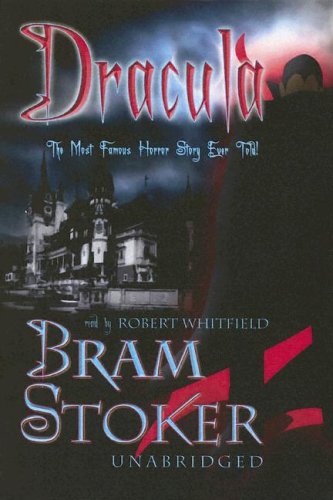
The Dracula mythology has inspired a vast subculture, but the story has never been better told than by Bram Stoker. His myth is powerful because it allows evil to remain mysterious. The high virtue of Lucy can simply be drained away, like her blood, and scientific skill cannot resist the dreadful potency of the undead. Only the old magic is effective against the Count’s appalling power.Dracula is one of the few horror books to be honored by inclusion in the Norton Critical Edition series. (The others are Frankenstein, The Turn of the Screw, Heart of Darkness, The Picture of Dorian Gray, and The Metamorphosis.) This 100th-anniversary edition includes not only the complete authoritative text of the novel with illuminating footnotes, but also four contextual essays, five reviews from the time of publication, five articles on dramatic and film variations, and seven selections from literary and academic criticism. Nina Auerbach of the University of Pennsylvania (author of Our Vampires, Ourselves) and horror scholar David J. Skal (author of Hollywood Gothic, The Monster Show, and Screams of Reason) are the editors of the volume. Especially fascinating are excerpts from materials that Bram Stoker consulted in his research for the book, and his working papers over the several years he was composing it. The selection of criticism includes essays on how Dracula deals with female sexuality, gender inversion, homoerotic elements, and Victorian fears of “reverse colonization” by politically turbulent Transylvania.

Great, but flawed Overall, this was a really good book. It is a straight up horror novel, which is one of the more interesting aspects about it. Dracula isn’t really philosophical and just tries to tell a monster story, which is told through various journal entries, letters, and newspaper clipping.
Nicely formatted edition I find it difficult to imagine that anyone reading this review does not already know the essential story and fame of Bram Stoker’s classic vampire novel, “Dracula,” so I will not insult your intelligence or waste your time by rehashing its plot. Suffice it to say this book is comfortably old-fashioned and unnervingly creepy, not the first vampire novel, but in many ways the definitive one. But several things should be noted. (1) The Dracula depicted in the book is somewhat different from the…
The definitive book for vampire fiction The definitive book for vampire fiction is well written but that doesnât mean itâs an easy read. By todayâs standards Dracula is slow to unfold, with long, often tedious sections, including dialogue that doesnât up the conflict or push the story forward much. The use of diary entries, letters, ships logs etc. to tell the story may give the book an authentic feel and does a good job of keeping the evil ones mysterious but it doesnât always engage the reader as much as a conventional novel might…